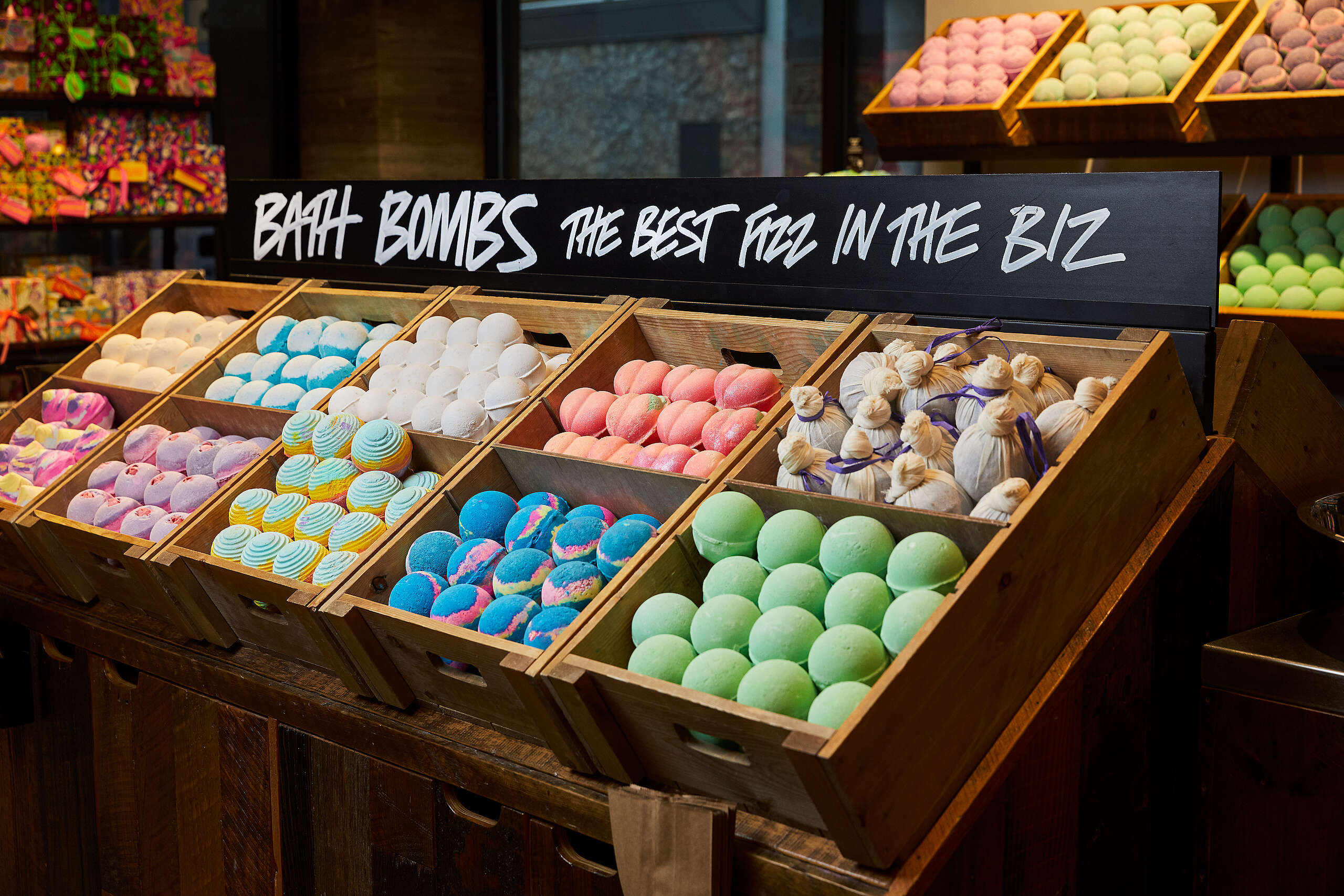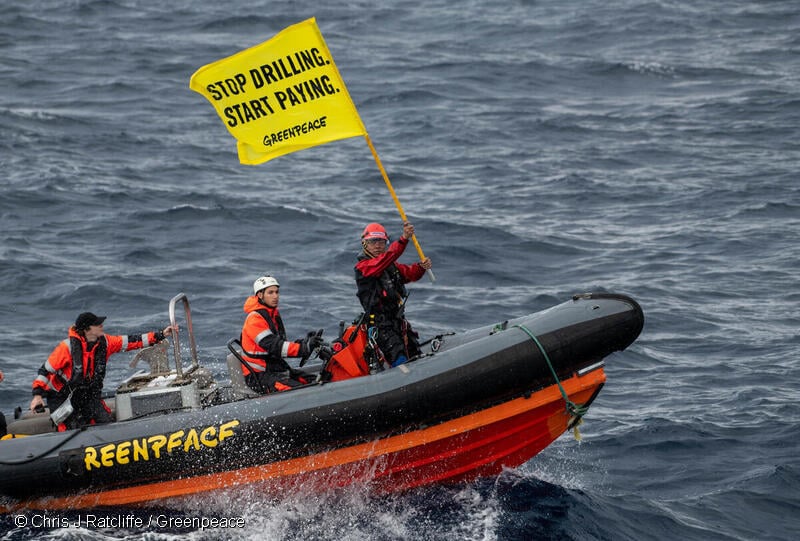After months of the plastic industry exploiting fears about COVID-19 to scare people into buying more single-use plastics, Greenpeace just launched a brand new report, Reusables Are Doable, to highlight reuse and refill solutions around the world that have continued or can be used safely during the COVID-19 pandemic by ensuring strong sanitization or contactless systems for refill.
What already exists?
A new wave of innovative reuse and refill systems already exists, and some are seeing growth even amid a pandemic.
Loop is perhaps one of the best known. The company ships products to customers in reusable packaging and containers that are then returned, cleaned, and refilled, and is expanding throughout the U.S. and into global markets, working with big brands from Kroger to Walgreens, Tesco, Unilever, and Procter & Gamble. Loop, like other third-party reuse businesses to foodservice operators and retailers, adheres to regulations based on FDA guidelines for sanitization, which ensure the safety of reuse systems for workers and customers.
The Wally Shop, which recently expanded to nationwide operations, and Zero, which also offer grocery delivery with reusable containers. And then there’s to-go reusable models, such as CupClub, which enable customers to borrow a reusable cup, use it, then return it at a dropoff point to be cleaned. Muuse, which just launched in Toronto in February 2021, has a similar model with a mobile app so you can order your drink to-go in reusable/returnable cups at participating coffee shops. For takeout meals, models like Dispatch Goods partner with local restaurants to provide meals in reusable containers that customers return for commercial cleaning. For grocery staples and cleaning products, Chilean-based Algramo uses vending machines and an electric vehicle delivery service that allows people to pay for only the amount of product they need in reusable containers. Here in the U.S., Ecopod offers a similar vending machine refill format for personal care and cleaning products.
What are new reuse opportunities?
Restaurants and the larger foodservice industry have undergone significant changes in response to COVID-19. This has often meant businesses are opting for disposable packaging under the guise that it is safer, which is fueling the plastic pollution crisis, rather than shifting toward reusables. But this simply doesn’t add up. 130 health experts from 20 countries have outlined how to use reusables safely during the pandemic, and note that single-use plastic is not inherently safer than reusables.
Around the world, there are already reuse systems that can protect the safety of workers and customers alike. Take, for instance, contactless coffee and other contactless systems that prioritize sanitization and social distancing.
In the UK, City to Sea provides guidance for businesses to safely refill a customer’s cup; in Australia, Plastic Free Places provides guidelines for reusable to-go containers and bags; and in New Zealand, the Takeaway Throwaways campaign offers examples of contactless systems and vendors employing reuse. And after prohibiting reusable cups in March, Starbucks recently announced a new contactless coffee program and a return to reusable cups for its locations in Europe, Africa, and the Middle East. But there’s no news if this is coming to the U.S. or its other global operations.
Check out how contactless coffee works, based on the City to Sea model:
How do we transform reuse and refill into good jobs and environmental justice?
As outrage continues to grow over the dangers of plastic, people have increasingly connected the dots to the fossil fuel industry. The same companies that are destroying our climate are rapidly expanding petrochemical facilities to increase profits from single-use plastics and exploiting low-income and Black and Brown communities. It is time to stop treating people and the planet as disposable. To save our climate and ensure healthy communities for everyone, we must end our reliance on cheap throwaway plastics.
As innovations in reuse and refill continue, workers must be part of the equation. Reusable systems must invest in local economies, creating good union jobs in several sectors (e.g., manufacturing, distribution, retail, foodservice, food delivery). Workers responsible for the production, preparation, and distribution of the food and products used everyday deserve better, and should feel safe and be protected.
Premium wages, health and safety protections (e.g., see UFCW, Teamsters, UNITE HERE), universal paid sick leave and family and medical leave, hazard pay, childcare, and protections for collective bargaining agreements are some of the benefits each of these workers needs immediately. In addition to necessary changes within their own companies, business leaders must support efforts in Congress for an Essential Worker Bill of Rights.
We can work together to invest in technologies and systems that provide good union jobs, protect our planet, and provide customers and communities with the services they need. It requires embracing change, transforming existing systems, and time and investment. But if nothing else, 2020 has shown so far that in moments of challenge and uncertainty, marked changes are possible and are becoming inevitable.
And to ensure our society doesn’t return to the status-quo of single-use plastics, large corporations must lead the way by investing in an economy built on these sustainable, reusable systems.
Together, let’s turn research into action by calling out corporations, like Starbucks, to stop falling short of their commitments and to instead set a precedent for other major corporations by investing in safe, reusable systems.
Add your name today to demand Starbucks do better by investing in plastic-free, reusable systems that are safe for people and planet!
All examples provided in this blog are for the purpose of illustrating the type of changes needed in retail, foodservice, and consumer goods worldwide. Greenpeace USA does not endorse any of the products, brands, or companies listed in this blog.




Discussion
I love that the petition to get Starbucks to use reusables worked! Can you make a petition for Tim Hortons??